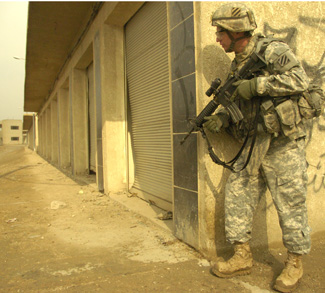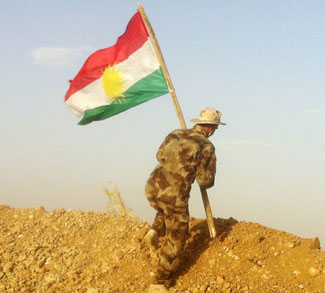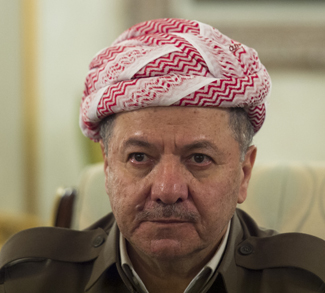Summary
The proposed US-Iraqi security pact, required to be in place by January 1st, 2009, appears increasingly doubtful. Iraqi and American negotiators are deadlocked on whether or not to allow American personnel immunity from Iraqi law. Without a bilateral security pact in place by the end of the year, the American occupation of Iraq will be illegal.
Analysis
With less than three months to go before the United Nations’ mandate legalizing American military presence in Iraq expires (December 31, 2008), American and Iraqi negotiators have reached an impasse in their ongoing Status-of-Forces negotiations. Without a deal in place by the end of the year, the legal basis for continuing the American occupation of Iraq will simply cease, as the UN mandate under which US forces operate in the Iraqi theatre will expire.
The major contentious issue between the two parties is the legal jurisdiction of Iraqi law over American military personnel. While the Americans are determined not to allow Iraqi law to have jurisdiction over its military personnel in Iraq, the Iraqis are just as determined not to permit legal immunity to American personnel accused of committing crimes against Iraqis.
The Iraqi Prime Minister, al-Maliki, lacks the political capital to grant American occupying forces immunity in light of recent outrages over the killings of innocent Iraqis by American military forces and allied “contractors” (read: mercenaries). Meanwhile, on the American side, accepting Iraq’s legal jurisdiction over US forces would almost certainly escalate calls for immediate withdrawal by an already war-weary citizenry. The initial shock of the first American personnel arrested, tried and punished by Iraqis would undoubtedly hasten the withdrawal of American forces from Iraq.
To add to the complexities of these bilateral negotiations, the Iranians, who are very influential in Baghdad as of late, oppose any Status-of-Force agreement as they fear that such a security pact would form the basis of a permanent American military presence on their western flank. The Iranians fear a repetition of the Status-of-Force security pacts the Americans negotiated with both South Korea and Japan, which have allowed US forces to maintain large bases in each country for over half a century.
Despite the Iranians’ objection, or, perhaps, because of it, reports leaked out of Iraq indicate that the Americans have already conceded two major points. First, the Americans are prepared to order all of their forces back to American bases by the end of June 2008 – six months after the agreement comes into force. Second, the Americans have agreed to a timetable for withdrawal with a final pull out date of December 31, 2011 – three years hence. The fact that the Bush Administration negotiators have agreed to a timetable for withdrawal, after staunchly refusing to do so for years, is an indication of the importance the Americans place on reaching an agreement before the UN mandate expires.
Notwithstanding the urgency so exhibited, it is doubtful President Bush would order American troops out of Iraq even if the current stalemate is not resolved by the deadline. More likely, the Bush White House is animated over fears that the next administration – increasingly looking like an Obama administration – would either avail itself of a non-agreement to precipitate an early pull-out, or negotiate an agreement that would guarantee an American withdrawal earlier than is acceptable to the current leaders in Washington.
Nonetheless, if Bush cannot reach a deal before the end of his term, the negotiations will indeed fall to his successor.
Manjit Singh is a contributor to Geopoliticalmonitor.com



